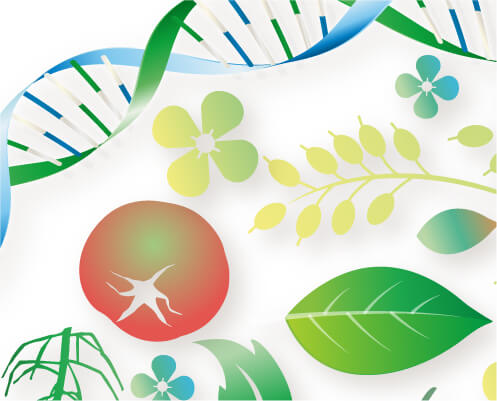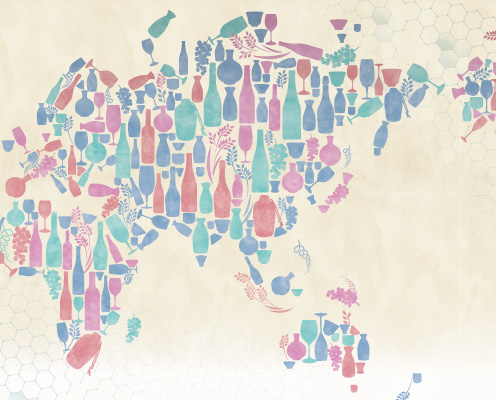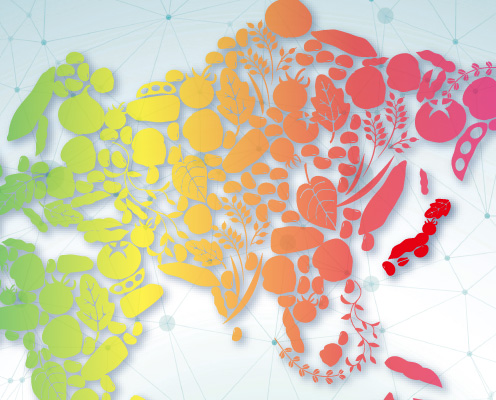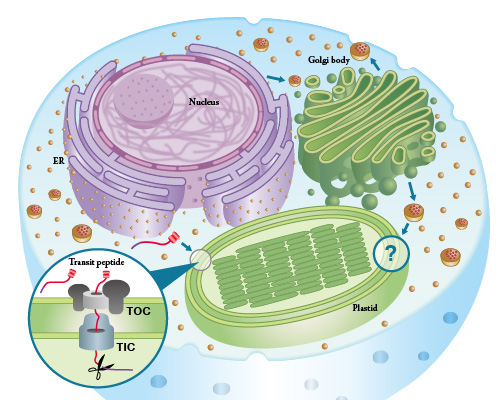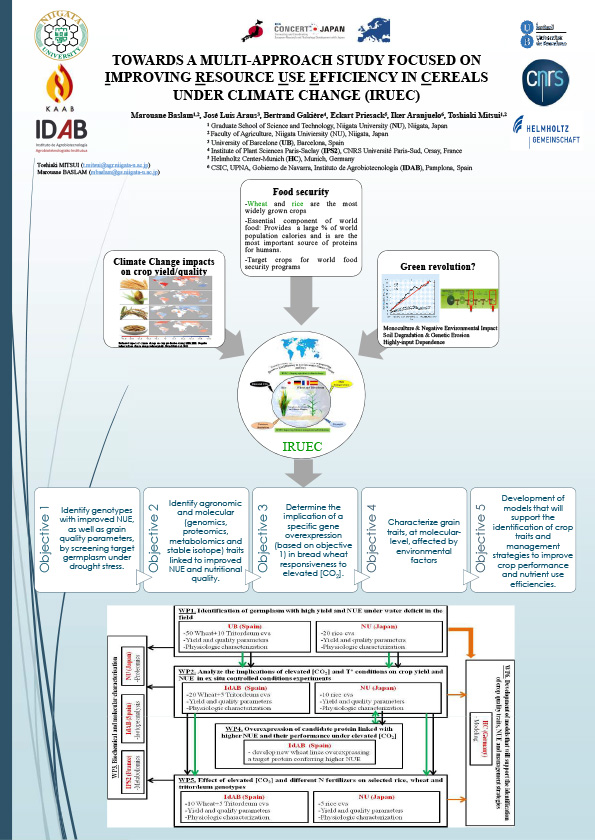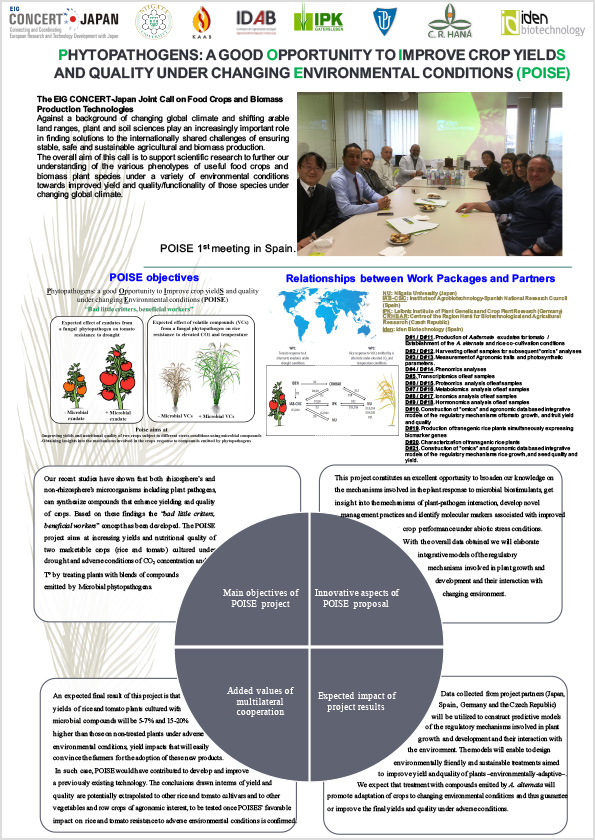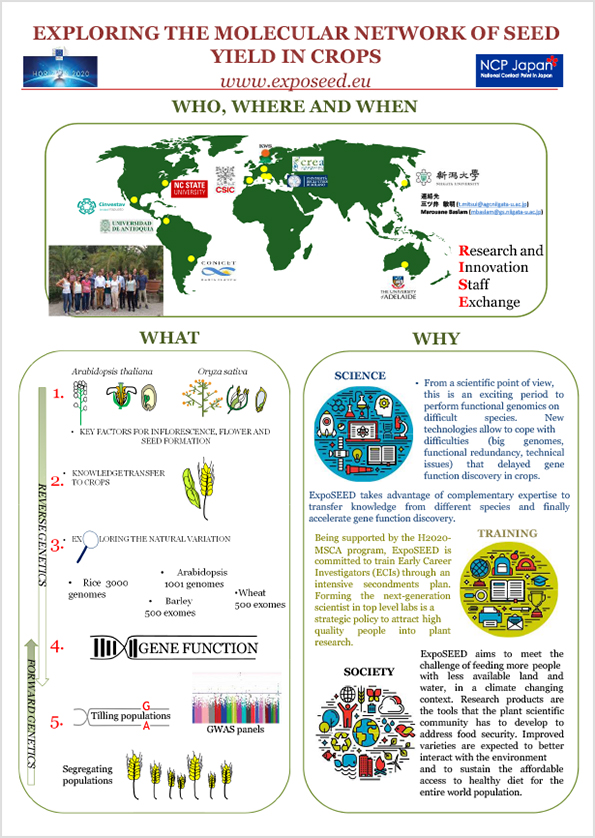The Regional Collaboration Center for Advanced Medicine and Science was established as an institution affiliated with the Institute of Science and Technology of Niigata University (2005–2008 academic years).

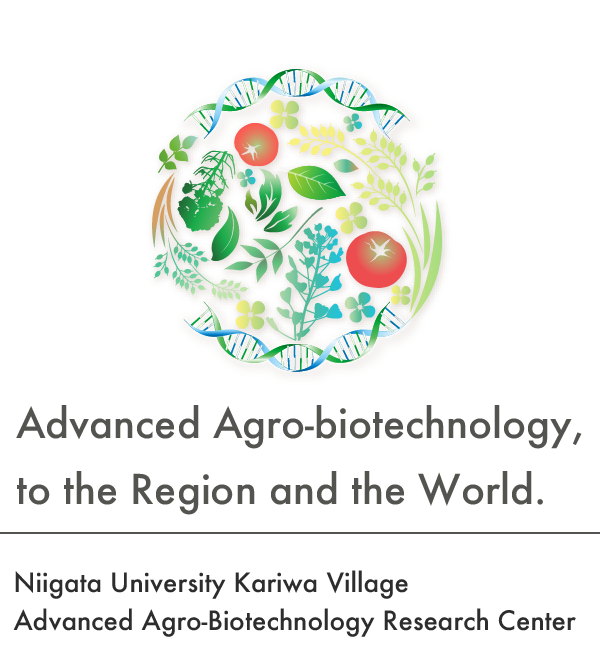
Greetings
The KAAB Research Center aims to form international research and education bases where researchers and students from both inside and outside Japan pursue learning and research, with the satellite experimentation facility in Kariwa Village, which was jointly constructed by Niigata University and the village, playing the central role. International joint research projects led by our Center’s operating committee members are actively carried out. Projects that we take part in include the joint research project in the field of Food Crops and Biomass Production Technologies, which is organized by EIG-CONCERT-Japan, and which is conducted as part of the Strategic International Collaborative Research Program (SICORP) promoted by the Japan Science and Technology Agency (JST). We also take part in the Horizon 2020 ExpoSEED project, coordinated by the Council for Agricultural Research and Analysis of the Agrarian Economy (CREA) of Italy. In addition, we are working to establish an academic exchange agreement with the Spanish National Research Council (CSIC), the third largest public institution dedicated to research in Europe, and the Umeå Plant Science Centre, Sweden (a joint establishment of Umeå University and the Swedish University of Agricultural Sciences). We are also making steady progress with exchange programs with the North African region, including Cadi Ayyad University, Morocco. In this way, the KAAB Research Center has been promoting internationalization successfully and steadily. Currently, researchers and students from various countries, including Sweden, Spain, Italy, Morocco, Brazil, Egypt, Thailand, Bangladesh, Malaysia, Russia, and China, are involved in KAAB’s various research projects, including the research and development of next-generation rice adapted to environments under multiple stresses, such as high temperatures and high CO₂ levels. Needless to say, we actively conduct joint research with other universities and research institutions in Japan, as well as with companies and public research organizations inside and outside Niigata Prefecture, through various platforms and consortiums, to address various regional issues, and to work to build agro-biotechnological research and education bases with an eye toward the promotion of agriculture, both locally and throughout the East Asian Rim. We appreciate your continued support and cooperation for the operation of the Kariwa Village Advanced Agro-Biotechnology Research Center.
Toshiaki Mitsui
KAAB Director
Professor, Faculty of Agriculture, Niigata University
About KAAB
Niigata University established a KAAB satellite at Peach & Agriculture Park Tourinbo, a complex developed by Kariwa Village on October 1, 2012, as a collaborative integration project promoted by the university and Kariwa Village.
Featuring cutting-edge technologies, this Research Center is equipped with a Biodome and experiment buildings that have highly-functional greenhouses for the conduct of a wide range of studies such as the development of rice with high-temperature and CO₂ tolerance as a measure against global warming, the selection of outstanding vegetables, and the creation of novel
varieties that contribute to the promotion of agricultural in the communities.
Furthermore, this Research Center is also being used for external classes targeting elementary school and junior high school students, and for experimental classes for high school students studying science. This use has promoted increased student interest in agriculture and science.
History
Comprehensive collaboration arrangement signed between Niigata University and Kariwa Village
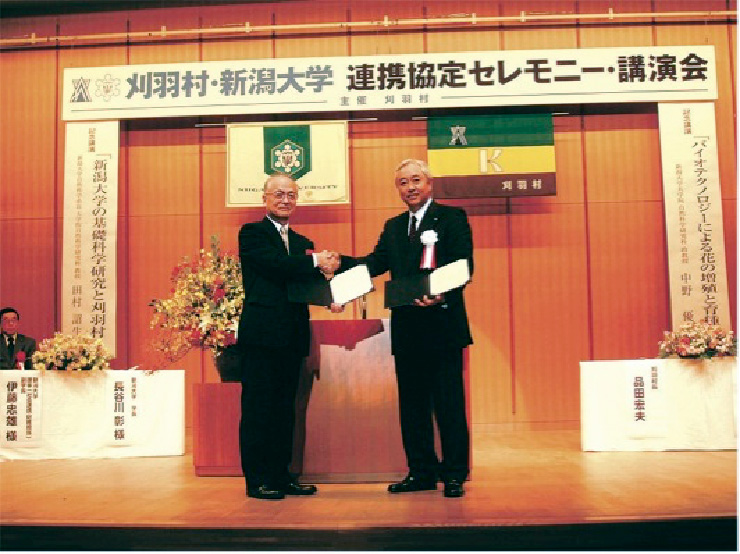
Lecture to commemorate the signing of a comprehensive collaboration arrangement between Niigata University and Kariwa Village
(in Kariwa Village on November 19, 2006)
The Regional Collaboration Center for Advanced Medicine and Science was dissolved to establish Niigata University Kariwa Village Advanced Agro-Biotechnology Research Center, an institution specializing in agro-biotechnological research, as a “Core Station” affiliated with the Institute of Science and Technology, Niigata University.
Peach & Agriculture Park Tourinbo was completed as part of Kariwa Village’s community coexistense program.
The Kariwa Village Biodome and Biotechnological Experiment Facility was opened.
Funding from MEXT Management Expenses Grants for project “Research and development of next-generation rice adapted to high temperature and CO₂ environments”.
Highly-functional Closed-system Greenhouse 1 was completed.
Highly-functional Closed-system Greenhouse 2 was completed.
Outline of the Organization
KAAB Management Committee
-
Toshiaki Mitsui KAAB PresidentProfessor, Faculty of Agriculture,
Niigata University -
Kimiko ItohProfessor, Faculty of Agriculture,
Niigata University -
Masaru NakanoProfessor, College of Creative Studies / Faculty of Agriculture, Niigata University
-
Norikuni OhtakeAssociate Professor, Faculty of Agriculture, Niigata University
-
Naoki KanoAssociate Professor, Faculty of Engineering, Niigata University
-
Kentaro KanekoAssistant Professor, Faculty of Agriculture, Niigata University
-
Satoru OkamotoAssistant Professor, Faculty of Agriculture, Niigata University
-
Nami MinatoAssistant Professor, Faculty of Agriculture, Niigata University
KAAB Staff
-
Baslam MarouaneSpecially Appointed Assistant Professor, Faculty of Agriculture, Niigata University
-
Shigeru HanamataSpecially Appointed Assistant Professor, Faculty of Agriculture, Niigata University
-
Aycan MuratSpecially Appointed Assistant Professor, Faculty of Agriculture, Niigata University
Internal Advisory Board
-
Masayuki MatsuoProfessor, Faculty of Science, Niigata University , Director of Natural Science
-
Ryouei HarasawaGuest Professor, Field Center for Sustainable Agriculture and Forestry, Faculty of Agriculture, Niigata University
External Advisory Board
-
Yoshihiro TamuraNiigata Prefectural Agricultural Research Institute, Director
Honorary Advisors
-
Takuji OhyamaEmeritus Professor, Niigata University
-
Hidemasa ImasekiEmeritus Professor, Nagoya University
Facilities Overview
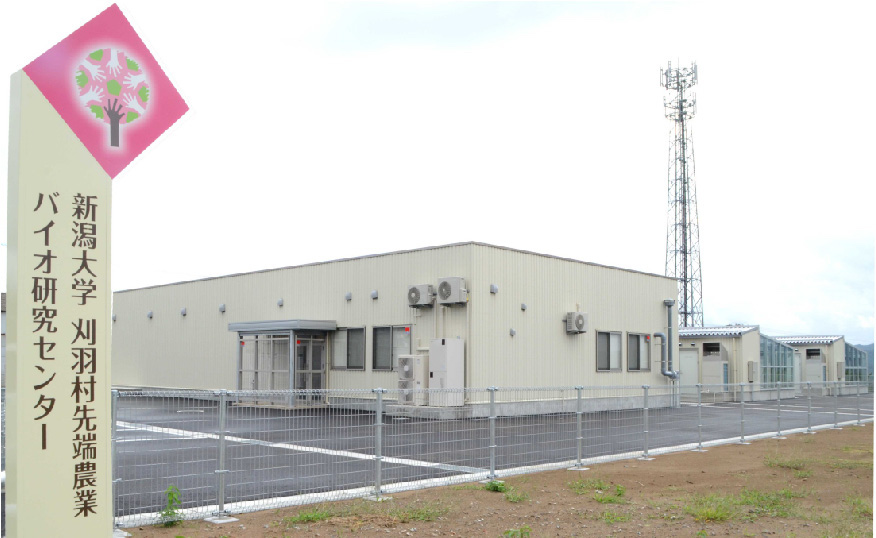
On October 1, 2012, the Kariwa Village Biodome and Biotechnological Experiment Facility were opened in part of the Peach & Agricultural Park Tourinbo, located in Kariwa Village, Niigata Prefecture.
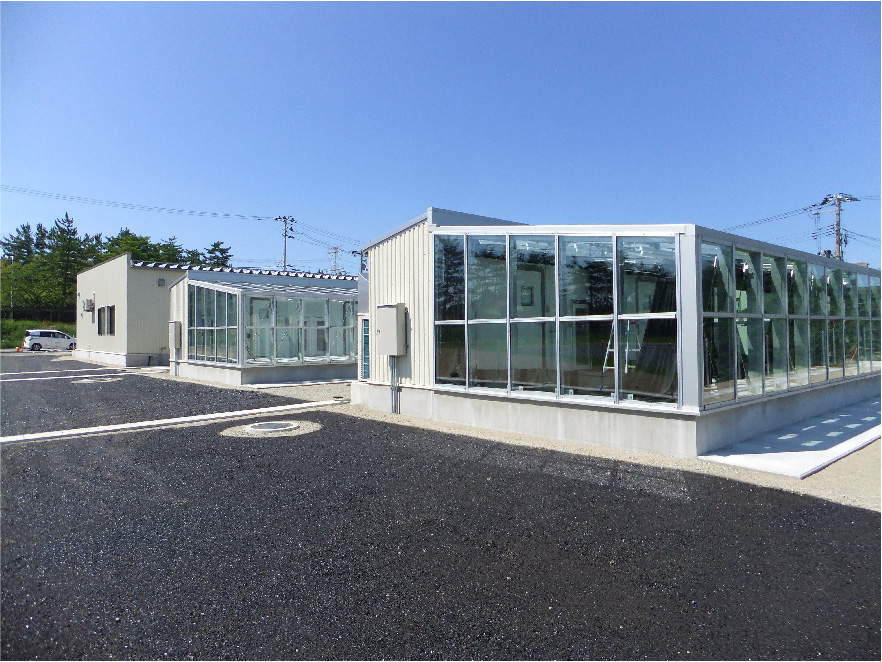
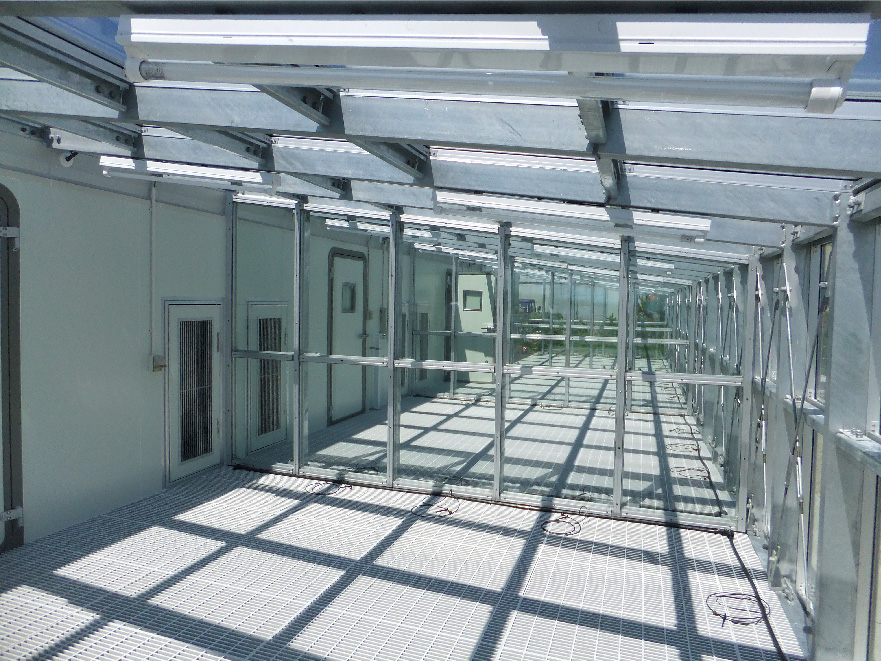
Outline of the Biodome Facility
Construction of biotrons of the Niigata University Kariwa Agro-Biotechnology Research Center started in December 2011 and was completed in September 2012. The facility started operation in October 2012. The performance specifications of the biotrons are as follows:
・CO₂concentration control type (four units)
Chamber size: L4.5 × W4.5 × H1.8 to 2.2 m
CO₂concentration: atmospheric concentration to 3000 ppm
Temperature: 15 to 35 ºC
Humidity: RH 70% or more
Automatic irrigation
・Day-length control type (two units)
Chamber size: L4.5 × W4.5 × H1.8 to 2.2 m
Electrically operated screening curtain
Light supplementation using fluorescent LEDs
(9 fluorescent-type LEDs; color rendering index Ra 80; color temperature 6500 K)
Temperature: 15 to 35 ºC
Humidity: RH 55 to 80%
Automatic irrigation
・Ordinary type (two units)
Chamber size: L4.5 × W9 × H1.8 to 2.2 m and L4.5 × W4.5 × H1.8 to 2.2 m
Temperature: 15 to 35 ºC
Humidity: RH 70% or more
Automatic irrigation
Temperature, humidity, CO₂concentration, day length, and irrigation inside the biotrons can be remote-controlled by computers installed at Niigata University. Because cameras are installed in all chambers, plants in the chambers can be observed with the computers at Niigata University whenever necessary.
Publication
After 2013, we have produced many publications including the 149 articles and 18 books
International Symposium
KAAB international symposium is held in September every year with an aim to promote international research collaboration and international exchange. In the symposium, we invite leading researchers, and the domestic and foreign invited speakers provide leading–edge research of the plant biotechnology in English. In addition, we provide an opportunity for oral and poster presentations of all academic area to the young researcher, graduate student, and foreign student with the aim of supporting an international exchange. The number of poster presentations has been increasing every year, The number of poster presentations has been increasing every year, the number of presentations has reached approximately 52 in 2019, and 25% of the presenters were foreign students and, the foreign young researcher. Registration will be announced in mid-August. We look forward to your entries.
International joint research projects
【SICORP / EIG CONCERT-JAPAN】
Towards a multi-approach study focused on Improving Resource Use Efficiency in Cereals under Climate Change (IRUEC)
https://iruec.weebly.com/
Phytopathogens : a good Opportunity to Improve crop yieldS and quality under changing Environmental conditions (POISE)
【Horizon 2020 / ExpoSEED】
Exploring the molecular control of seed yield in crops
http://www.exposeed.eu/research-groups/niigata-university/









